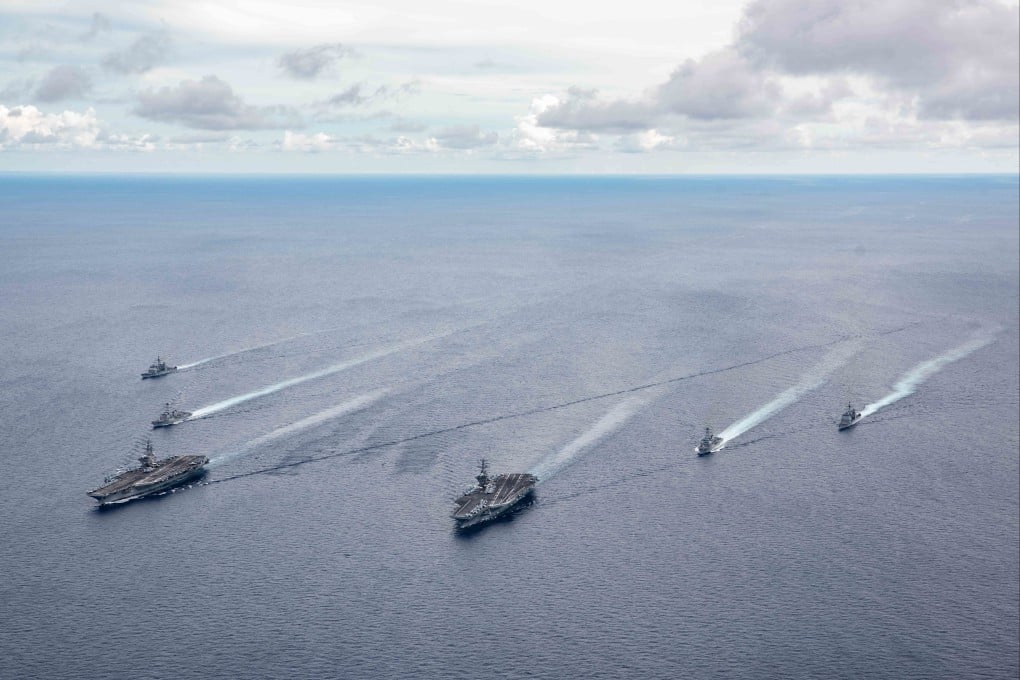Opinion | The new imperialism: as Asia gets caught up in power struggle between China and the West, what can it do?
- Western navies are sending flotillas to the South China Sea to assert their primacy while China is turning inward and reinforcing nationalist narratives
- Asia is in the middle and a divide is opening up. It’s a matter of time before the region again endures conflicts it has no stake in but pays a heavy price for

With this attempted creation of a new iron curtain, the rest of the world is once again being forced to take sides. Talk of war we have grown accustomed to experience as limited lethal strikes in far-off places is now assuming global dimensions, and is nuclear-tipped. The two big powers demand fealty and alignment, and will hold recalcitrants hostage using the legal tools of extraterritoriality and control over supply chains.
But while European states of the 17th century sailed to Asia in search of wealth from trade in spices, today they are sending costly naval flotillas into the South China Sea in a bid to maintain relevance and shore up a crumbling compact of Western powers. The UK, for example, has just launched a comprehensive policy statement arguing that it is a “force for good in the world”. The Netherlands has also declared its own Indo-Pacific strategy, arguing the need for a louder voice to counter moves by China to threaten free access to sea lanes in the region. Three hundred years ago, these same countries colonised the region claiming to be a force for good and only interested in free trade. From an Asian perspective, this starts to look like imperialism 2.0.
China, meanwhile, is also taking a leaf out of the book of its own imperial past. Its successful management of the Covid-19 pandemic has generated inward-looking impulses that echo the era when contact with the outside world was resisted and considered a threat to social stability. China’s economy has recovered faster than anywhere else in the world because of soaring domestic demand in a Covid-free society; the millions of Chinese tourists who once queued outside luxury brand stores in Paris and London are now spending at home. Turning inward also helps reinforce nationalist narratives and stiffen ideological discipline.
The seeds of binary division are therefore falling on stony ground in Asia. A truly effective iron curtain will be hard to put up – just as it was in the 1950s when the US and China also tried and failed to build effective client states in newly-independent Southeast Asia, leaving only a legacy of war and human suffering. Something approaching 7 million people lost their lives with the brutal suppression of the Indonesian Communist Party after 1965 and the Indochina wars that lasted until 1979.